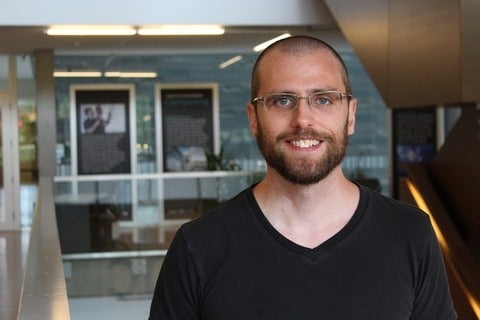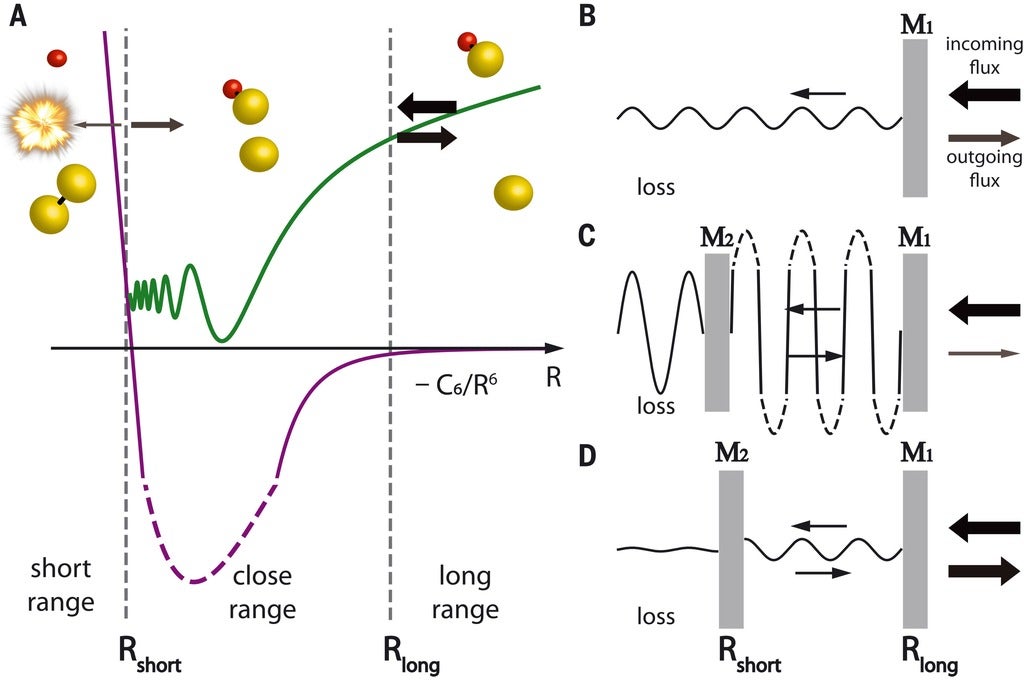Photon Detector Module gearing up for International Space Station
A single-photon detector and counting module (SPODECT) recently built by Waterloo’s Quantum Photonics Lab for the International Space Station (ISS) will be used to verify quantum entanglement and test its survivability in space as part of the Space Entanglement and Annealing QUantum Experiment (SEAQUE) mission.





